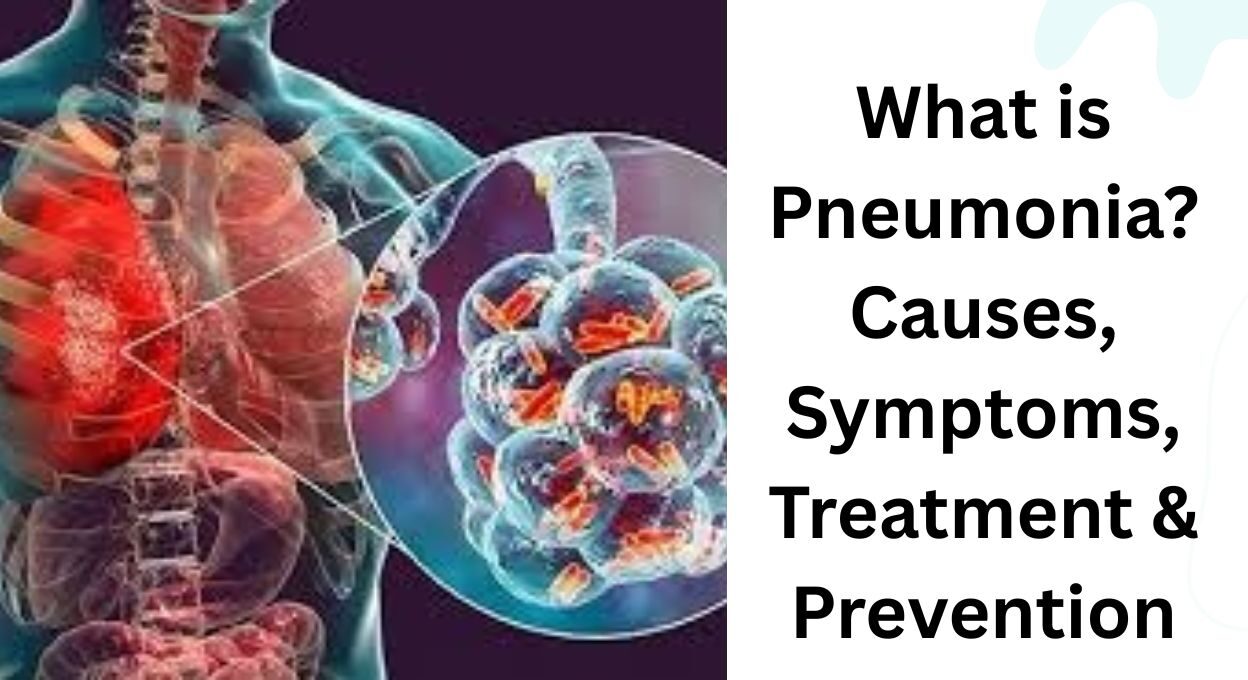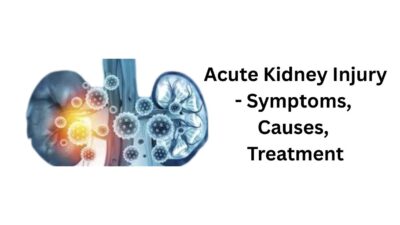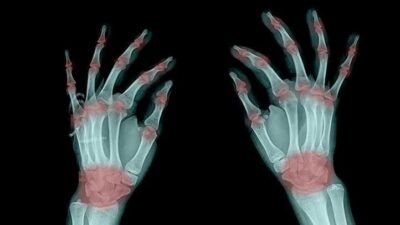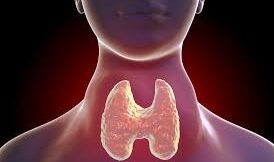Pneumonia is a serious lung infection that inflames the air sacs (alveoli) in one or both lungs. These sacs fill with fluid or pus, making breathing painful and reducing oxygen flow in the bloodstream. Whether caused by bacteria, viruses, or fungi, pneumonia can range from mild to life-threatening—especially in children, the elderly, and those with chronic health conditions.
What is pneumonia?
Pneumonia is an infection in your lungs caused by bacteria, viruses or fungi. Pneumonia causes your lung tissue to swell (inflammation) and can cause fluid or pus in your lungs. Bacterial pneumonia is usually more severe than viral pneumonia, which often resolves on its own.
Pneumonia can affect one or both lungs. Pneumonia in both of your lungs is called bilateral or double pneumonia.
Table of Contents
Sign & Symptoms
Common Signs:
- Cough with green/yellow/rust-colored mucus
- High fever (101°F–105°F) with chills
- Sharp chest pain during breathing/coughing
- Shortness of breath or rapid breathing
- Extreme fatigue and confusion (especially in seniors)
RED FLAGS (Go to ER NOW):
- Blue lips/nails (cyanosis)
- Blood in mucus
- Fever above 102°F (39°C)
- Sudden confusion
Types & Causes of Pneumonia
| Type | Cause | Key Features |
|---|---|---|
| Bacterial | Streptococcus pneumoniae | Most common; treated with antibiotics |
| Viral | Influenza, RSV, COVID-19 | Antibiotics ineffective; antivirals used |
| Fungal | Pneumocystis jirovecii | Affects immunocompromised (e.g., HIV) |
| Aspiration | Inhaling food/liquids | Common in stroke/dementia patients |
| Walking | Mycoplasma pneumoniae | Mild symptoms; often untreated |
Diagnosis: How Doctors Confirm Pneumonia
- Stethoscope Exam: Crackling/bubbling sounds in lungs.
- Chest X-ray: Gold standard to locate lung inflammation.
- Blood Tests: Check white blood cells (WBC) for infection.
- Pulse Oximetry: Measures blood oxygen levels.
- Sputum Test: Identifies bacterial/fungal causes.
- CT Scan: Used for complex or unresolved cases.
Evidence-Based Treatments
- Bacterial: Antibiotics (amoxicillin, azithromycin).
- Viral: Antivirals (oseltamivir for flu), rest, fluids.
- Severe Cases: Hospitalization, IV antibiotics, oxygen therapy.
⚠️ Critical: Finish ALL antibiotics even if you feel better!
Recovery Timeline:
- Mild Cases: 1–3 weeks
- Elderly/Severe: 6–8 weeks
Prevention: Top 5 Strategies (CDC-Approved)
- 💉 Vaccinate:
- PCV13/PPSV23 (pneumococcal) for children/adults over 65.
- Flu shot (prevents viral pneumonia).
- COVID-19/RSV vaccines.
- Hand Hygiene: Wash hands >20 seconds.
- Quit Smoking: Damages lung defenses.
- Manage Chronic Conditions: COPD, diabetes, heart disease.
- Avoid Sick People: Especially in high-risk groups.
Treatment Options
Prescription Medications
- Antibiotics – Bacterial pneumonia
- Antivirals – Viral pneumonia (limited use)
- Antifungals – Fungal pneumonia
OTC Medications
- Acetaminophen or ibuprofen for fever
- Cough suppressants (use cautiously)
Hospital Treatment
- IV antibiotics
- Oxygen therapy
- Respiratory therapy
- Ventilator support (if severe)
Complications of Pneumonia
- Sepsis
- Lung abscesses
- Acute Respiratory Distress Syndrome (ARDS)
- Pleural effusion
- Kidney or liver damage
- Death (especially in high-risk individuals)
Home Remedies for Symptom Relief
- Warm liquids: Soothes throat and loosens mucus
- Saltwater gargles: Reduces coughing
- Steam inhalation
- Cool compress for fever
- Rest and hydration
FAQs About pneumonia
Q1. Can pneumonia spread from person to person?
Yes, viral and bacterial pneumonia can spread via airborne droplets.
Q2. How do I know if I have walking pneumonia?
If you have a lingering dry cough, mild fever, or chest discomfort lasting over a week, it might be walking pneumonia.
Q3. When should I go to the hospital for pneumonia?
If you experience high fever, confusion, rapid breathing, or chest pain, seek emergency care.
Q4. Can pneumonia come back?
Yes, especially if you don’t finish your medication or have a weak immune system.
Q5. Can I prevent pneumonia naturally?
Healthy habits like sleep, balanced nutrition, handwashing, and quitting smoking greatly reduce your risk.



